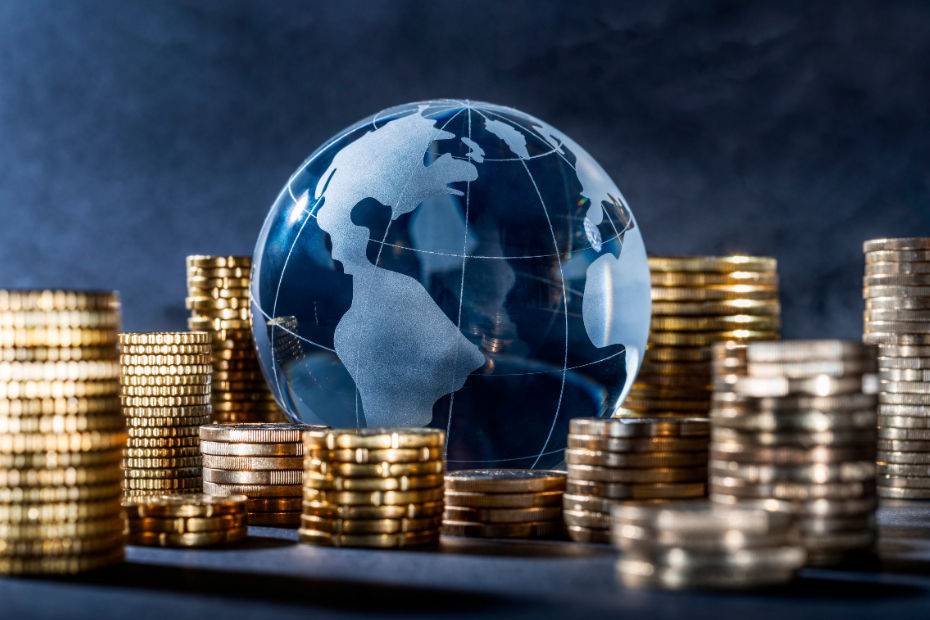what is the implication of the recent devaluation of the kwacha?
- pamtondoonline
- Nov 15, 2023
- 2 min read
By Innocent Chingaipe

For the second time in 18 months, the government, without consulting anyone, not even parliament! Decided to devalue the kwacha again.
This time by 44%. That means the buying power of our currency has dropped by almost half! One thousand seven hundred kwacha will now be needed to buy one US dollar, up from 1,180. Just like that! Why?
Government says that as a country, Malawi is not exporting enough products, to bring in foreign currency, the dollar in particular. Basically, we have nothing that we can sell to other countries that can generate enough dollars for the country.
Without these dollars, we can’t buy oil, or import products from other countries. On top of that, our national debt is in the trillions of kwacha.
What is even more heartbreaking is that, the announcement come as a slap in the face. On November 8th 2023, Malawians woke up to a press release from the Reserve Bank telling them that their money has nearly lost its value.
Without prior warning or some form of consultation before the deed was to be done. The taxpayers were completely ignored. Simply given a notification.
Within hours of the announcement, prices of things on the market went up. Every business person, from a small shop owner, to some big supermarkets, all adjusted their prices! A 50 kwacha note became nearly valueless in an instant.
All is this was happening, while the president, our leader, was outside the country, in Saudi Arabia. It is controversial that the announcement came when he was not around.
It seems as if it was intentional, as to avoid a giving an immediate explanation to the public.
What does this devaluation mean for the country? In his official statement, the Central bank chief Wilson Banda said this rate adjustment was needed because there were still supply-demand imbalances in the currency market.
The bank's 44% decrease was brought in to better reflect the kwacha price in different markets.
It is a widespread belief among economics and academicians that Malawi has been pressured by the International Monetary Fund (IMF) to devalue the kwacha, the reserve bank believes this will stabilize the economy in the long run.
Economists believe the central bank may have been influenced to devalue by the possibility of Malawi receiving an Extended Credit Facility, a form of financial assistance from IMF.
So, the government had no choice but to bow down to IMF pressure and devalue the kwacha. The IMF board is set to meet on November 15 to decide whether to grant Malawi the facility.
The economy has been undergoing turbulent times, characterized by an acute shortage of petrol and diesel, as well as high inflation. Officials have blamed the economic downturn on external factors, such as a devastating cyclone earlier this year and the war in Ukraine.
The bottom line is; Malawi is heading towards disaster. We are breaking. Despite being graduates, the majority of our youth are unemployed.
Poverty is at an all-time high. The president has just arrived from his Saudi trip, to a country which has become poorer overnight.
What hope is there to hold on to?




Comments